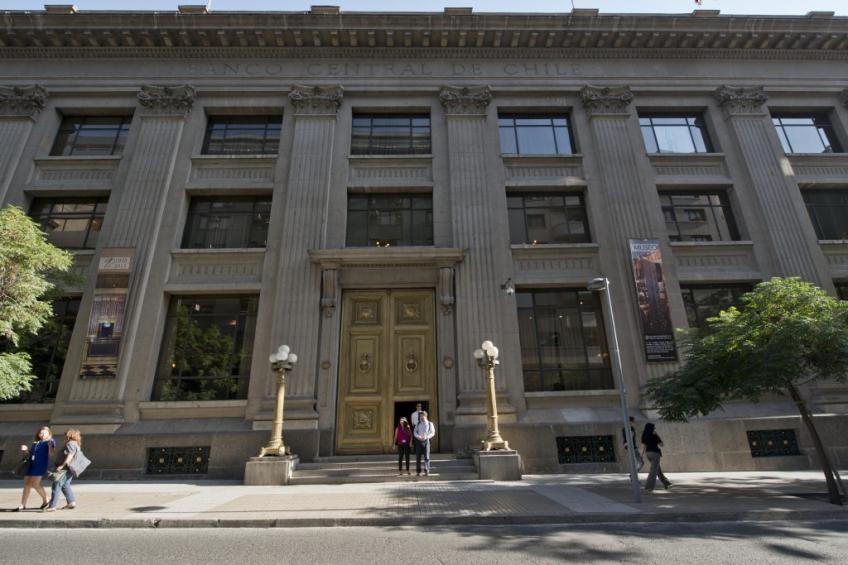The Central Bank of Chile kept the monetary policy interest rate (TPM) at 11.25 percent after eleven consecutive hikes to control the inflation affecting the South American country.
The monetary regulator pointed out in a statement issued this day that, despite the recent retreat in some economies, inflationary pressures worldwide remain high.
“Central banks in developed economies have continued to raise their benchmark rates, and market expectations anticipate that their monetary tightening will be prolonged. In this scenario, global growth prospects for 2023 have continued to adjust downward,” they detailed.

However, they stressed the Chilean economy has continued its adjustment process following the excessive increase in spending in 2021 and warned that consumption in the third quarter of this year continued to adjust downward.
“In line with the normalization of liquidity, low job creation, falling real wages, and consumer pessimism”, they noted.
Although, they highlighted that last October, both total and core inflation (prices of a subset of products or services) were 12.8 and 10.8 percent annually, respectively, figures lower than those of the previous month, and two-year inflation expectations continue above 3 percent.
For these reasons, they specified that monetary policy has made a significant adjustment and favored the resolution of the imbalances in the economy.
“Nevertheless, inflation remains very high, and convergence to the 3 percent target is still subject to risks. The Board will maintain the TPM at 11.25 percent until the state of the macroeconomy indicates that this process has been consolidated,” they said.
Last October, the Central Bank of Chile raised the TPM for the eleventh consecutive time from 10.75 to 11.25 percent to contain inflation, reaching its highest level since 1998.
The TPM is a tool used to curb inflation levels by cutting monetary stimulus, and its elevation means that it will be more expensive to get into debt in the country, in addition to slowing the growth of some sectors, such as real estate, which have been hit by rising inflation.

